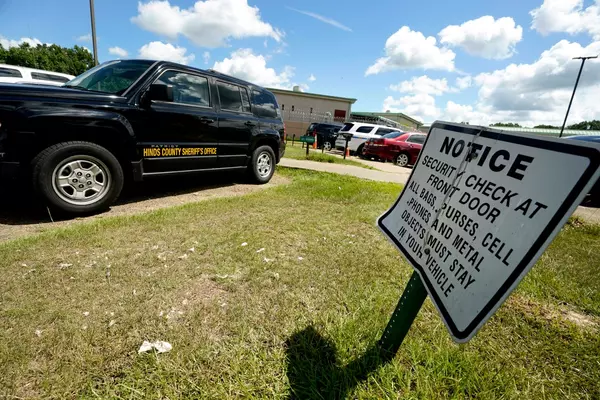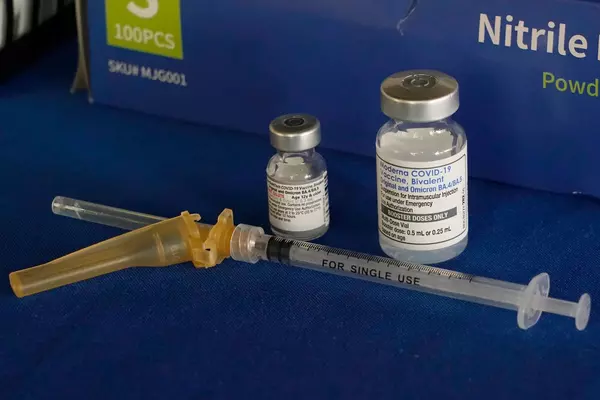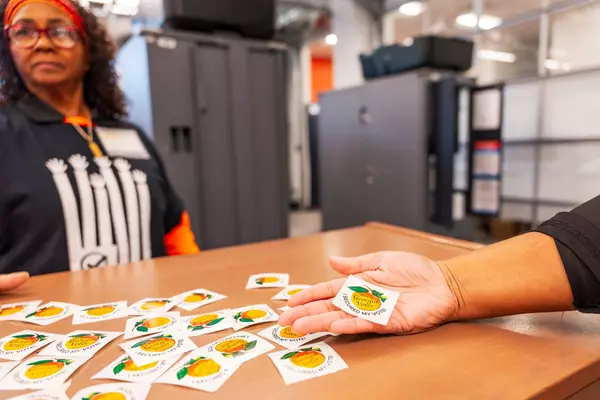
My first interaction with our country’s welfare system was a decade ago. After experiencing bullying and repeated cuts to hours, I had been forced out of my job and was unable to afford rent. I moved back home and made an attempt to return to study. However, bruised by my previous experience at work, I struggled with the confidence needed to put myself back out into the world, and after a few weeks I dropped out of university and ended up on the “dole”.
At first I was granted an exemption from mutual obligations for mental health but I was quickly pressured into finding work – not only from my job service provider but also from my family and the narrative I had internalised about unemployed people being lazy and “bludgers”. I had been given the proverbial “kick up the bum” by my mother, who thought that the added pressure of paying for rent would be an incentive to make my own way. But it was too much.
Distancing myself from my family, unable to afford to go out with friends, and believing I was the problem, I could no longer cope with the basics of day-to-day life. I became anxious and withdrawn. When I told my disability employment services provider that I hadn’t read the letter informing me I had an appointment because I couldn’t make it to the letterbox, they threatened to cut my payment. Sitting in the rented granny flat I hadn’t left for weeks, I attempted suicide. The social worker I had been seeing and my family never found out.
A few months passed, struggling against the external and internal pressures that bore down on me, before I decided to apply for the disability support pension. I was repeatedly told by everyone around me that I was unlikely to be successful; the Gillard government had recently tightened the eligibility criteria, and stories of people with severe illnesses and disabilities being knocked back were everywhere. For me, it was my last shot. I needed out of this hell, one way or another.
Thanks to the help of the social worker I accessed through a program that no longer exists, I gathered the documents needed to submit an application. After an agonising wait, I was approved for the payment. I’m still not sure how.
The extra money changed my life. For the first time in years I had my head above water and I could breathe. The other help I had been receiving was nothing compared with the self-determination and control over my life that those extra dollars afforded me. I slowly built confidence over the next few years, made new friends, bought new clothes and started going out: for walks, to lunch, the movies. I was part of society again.
This change allowed me to return to uni, this time to study social work. I wanted to be able to change other people’s lives. I experienced academic success and found love on campus. I moved in with my new partner and continued to develop an identity. I gained insight about the world and the role I might play in it.
A few more months passed and my partner was offered a job interstate. I moved with him, buoyed by the idea that I was going to finally make it. However, his income meant I was no longer eligible to receive the DSP. I lost my sense of independence and confidence, and the need to be financially dependent on him caused friction and the relationship deteriorated.
I moved back home and tried to pick up where I had left off but struggled. Covid was kicking off and I couldn’t get back into the swing of uni. I had lost much of what I had previously gained.
Now I am back living on my own and trying to find a way to regain my confidence. I have secure accommodation but the recent increased costs of living mean the DSP no longer affords me the things I need to improve my position. I will make an attempt to return to uni next year but am struggling to get out and live a life. Familiar feelings of loneliness and hopelessness are close by. Something as small as paying for a GP appointment requires careful budgeting.
The government’s apparent unwillingness to provide relief, especially to those worse off than me, leaves me in despair. The continued narrative, told across Labor and Liberal governments and enforced by wider Australian society, of the need for a hefty stick to accompany the measly carrot on offer impedes people’s ability to maintain or regain control over their lives and puts their mental health at risk. We must raise welfare payments to the poverty line and abolish the punitive system of mutual obligations that stifles our dreams and potential.
• James Bryan-Hancock is a disability support pensioner on Kaurna land. He will be attending a protest on Monday, the international day of poverty eradication, calling for a raise of Centrelink payments to the poverty line
• In Australia, the crisis support service Lifeline is 13 11 14. In the US, the National Suicide Prevention Lifeline is 1-800-273-8255. In the UK, Samaritans can be contacted on 116 123. Other international suicide helplines can be found at befrienders.org






